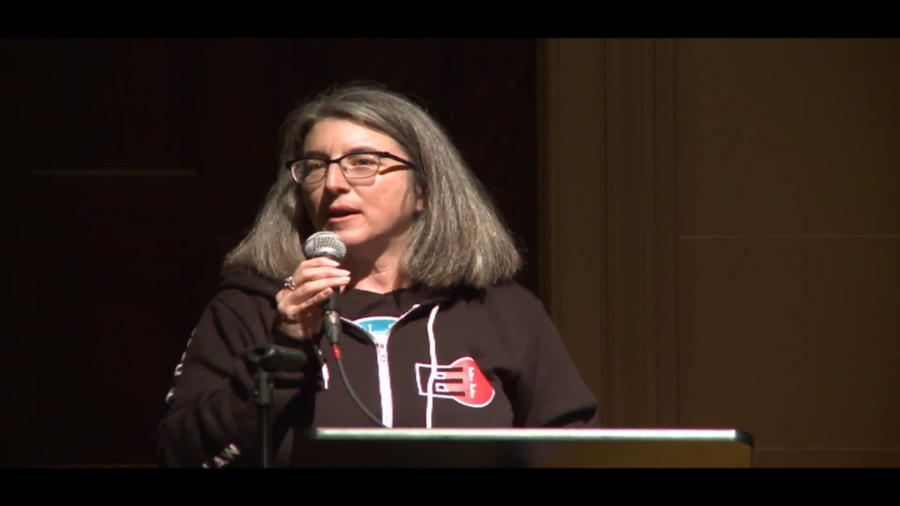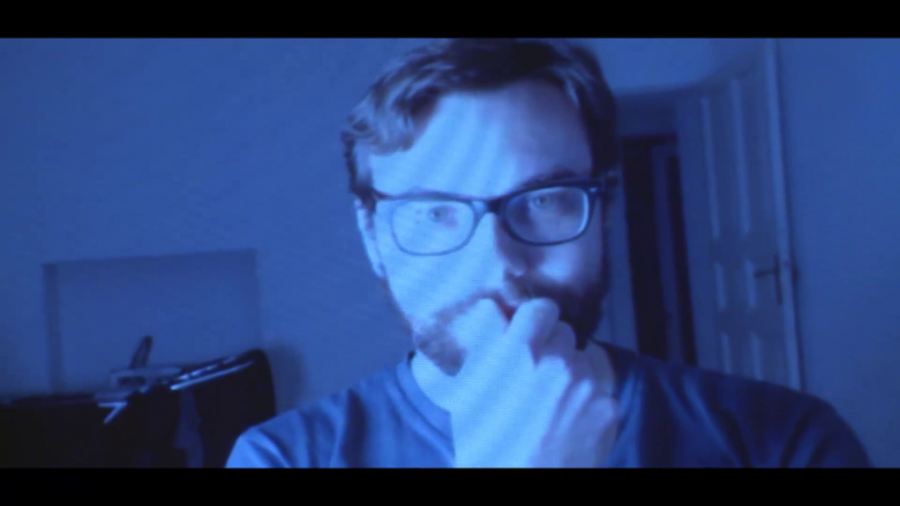We’ve got an inflection point opportunity here and we ought to be talking about this European Court of Justice opinion and what it means, because what the European Court of Justice said is the NSA surveillance is not appropriate.
Archive (Page 5 of 5)
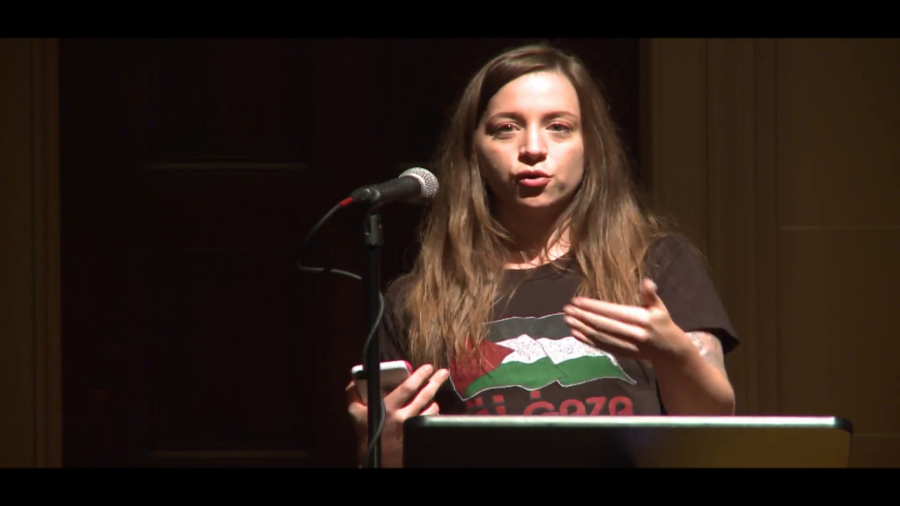
The whole Library Freedom Project, everything that we do is very deeply inspired by Aaron’s spirit, his work in resistance, his legacy. And every day that we go into libraries and teach practical privacy trainings, I feel like Aaron is very much present in all that we do.
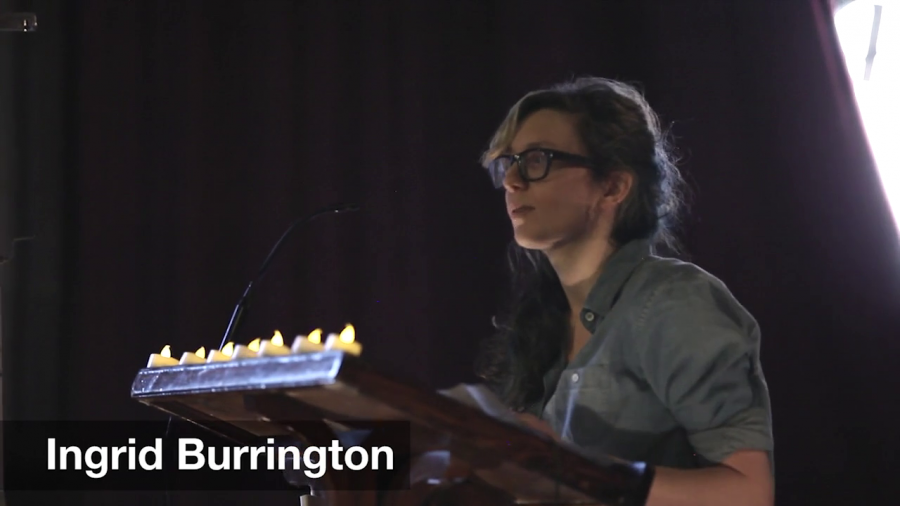
I think there’s something interesting about a discipline that historically is tied to political intrigue, to secrecy, being linked into this debate over what is good magic or true divine magic, and what is the work of demons. And I think there is something interesting to be said about the moment we are in right now and how states themselves kind of identify and invent existential threats to justify their own behavior.
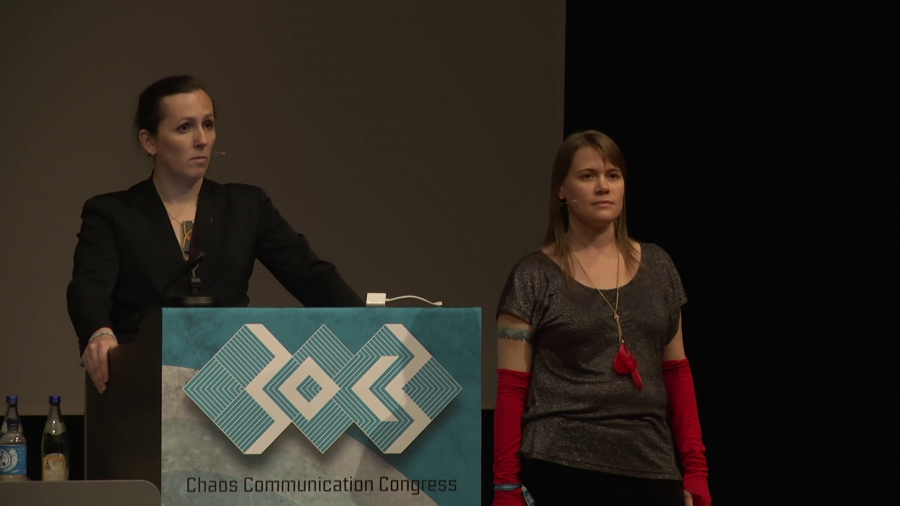
Geek culture and hacker culture used to be relatively apolitical, but now every action that you take and every piece of code that you write has political effects. You may may intend some of these effects, you may not intend most of these effects, but they’re there and we need to start thinking about and understanding these changes.
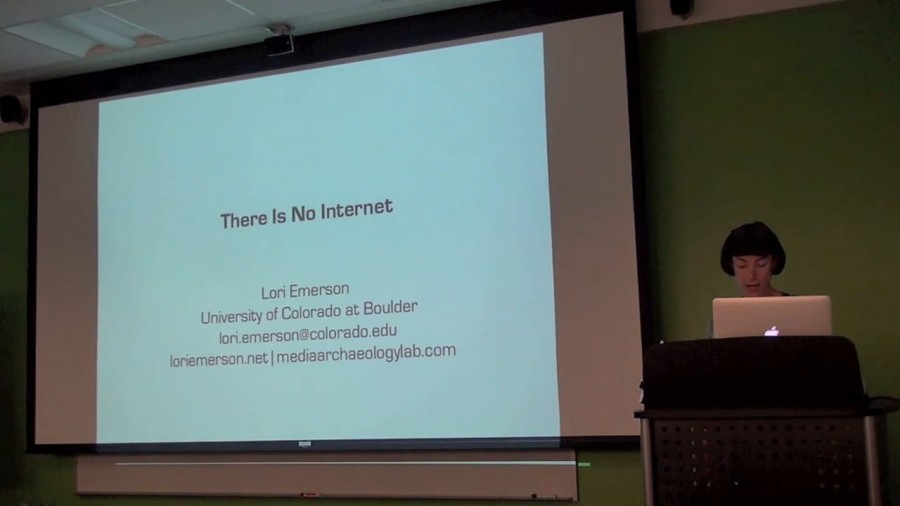
What I’d like to do for probably the next 40 to 45 minutes is just first of all talk about how Reading Writing Interfaces as well as the Media Archaeology Lab underlie my next/current project that I’m calling “Other Networks,” which will lead me into an explanation of my kind of mysterious title “There Is No Internet.” And I’ll finish with talking about specific examples of other networks. When I say “other networks” I’m talking primarily about networks that were outside or before what we now call The Internet.
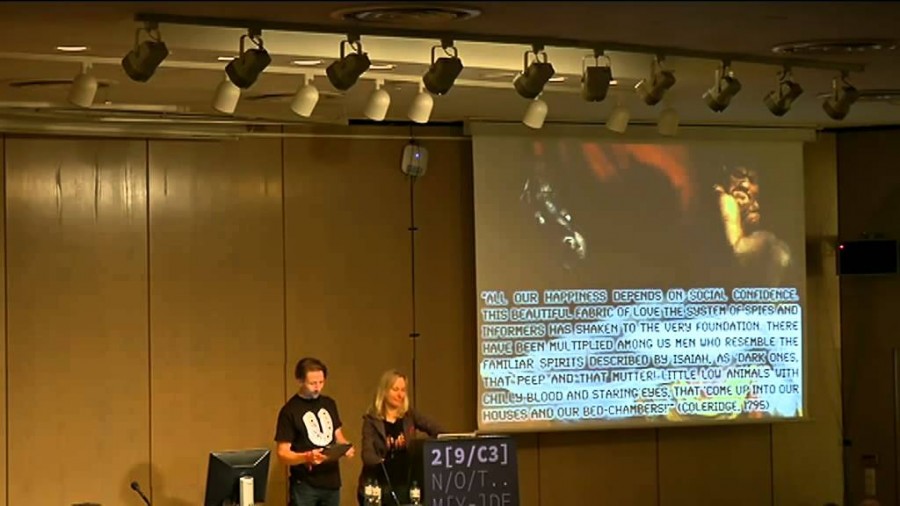
[T]otalizing perspectives which feed into mass-surveillance were framed ideologically in the Romantic period. Not only that, but strategies for resisting these totalizing narratives also emerged in the Romantic period in forms that exhibit suggestive correspondences with contemporary hacking.
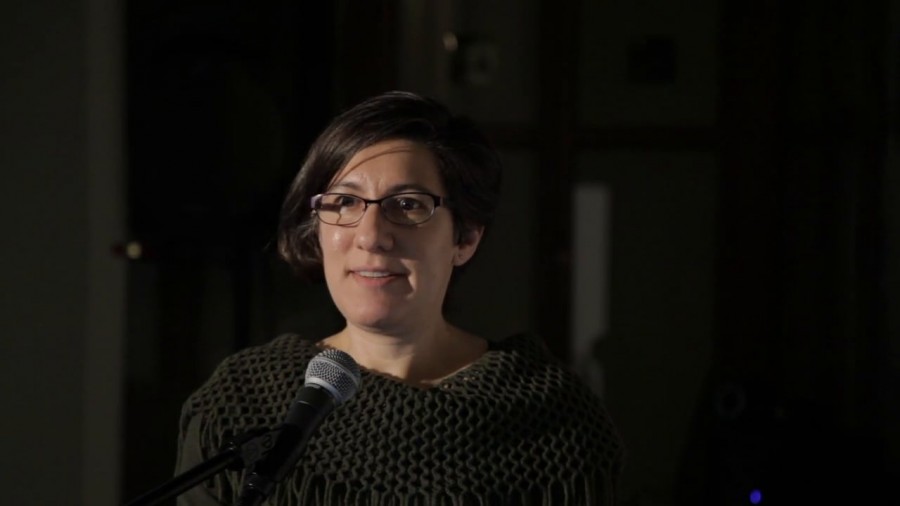
[L]ast week we went into several classrooms in the area and asked the kids “What does privacy mean to you?” What do you think about when you think about privacy? Draw us some pictures.
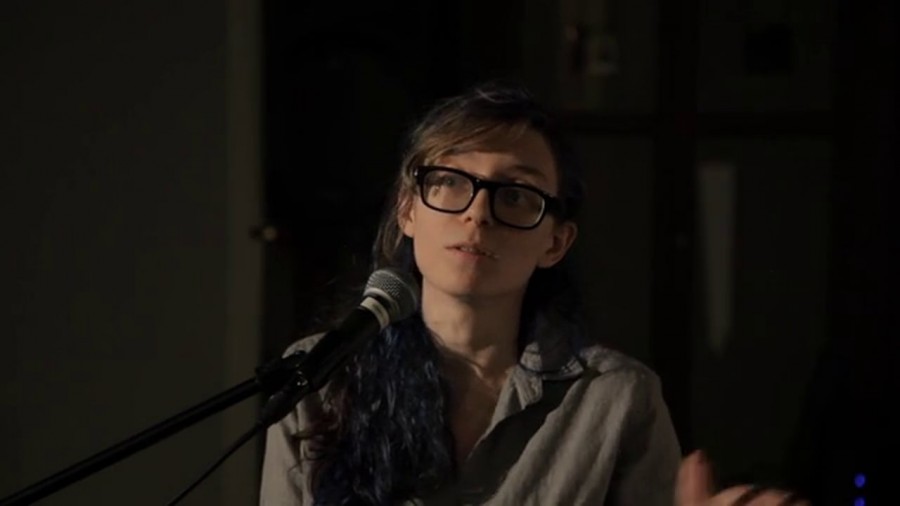
So much of the work that is being done by the government is actually being done by third parties, and it’s a very lucrative business. So I went to this office park and kind of just walked around it, and it’s boring. It’s really kind of weird and boring and it’s weird to think about the fact that these companies that are enormous and involved in pretty unseemly shit appear like this, like this kind of crappy building with this kind of crappy public art.
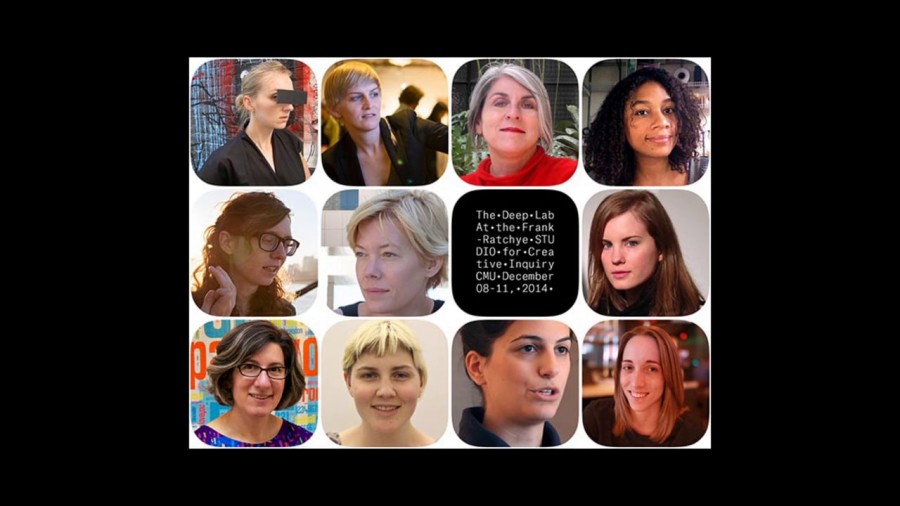
I conceived to invite Addie Wageknecht, who is an American and Austrian artist, who’s been dealing with issues of privacy and security to say, “What would you do?” and she proposed to get a dozen of the baddest-ass ladies that she knew together to brainstorm what it meant to make art nowadays, and to deal with culture.

